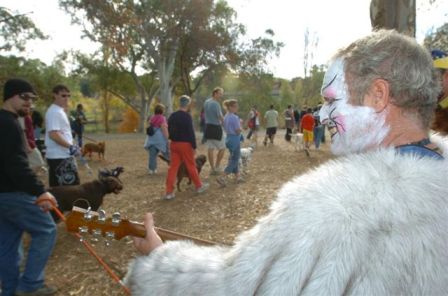- self esteem
- shame
- cognitive distortions (thoughts)
- empathy
This is not so different from the ideas that we have been saying for years in terms of sexual health and relationships education. SHARE is not just about giving the facts. It is also in a large part linking sexual health facts into the above 4 points, helping people explore these issues as it relates to them and helping them build on their own self belief to develop positive expressions of sexuality.
I will give an example of the above four points and relate them to Sexual Health and Relationships Education;
Self Esteem: In a recent discussion with a young man he was saying that he would never get a girlfriend because as a lover he was as exciting as 'limp cabbage'
As it turns out this young man had never had sexual relationships beyond kissing. One of the people he had kissed said that his kiss was as exciting as limp cabbage. His sexual self esteem plummeted as a result of this and he decided to believe there was nothing he could do about this so he had better just 'give up'. Well we did some education about kissing/sex/intercourse/relationships/relationship skills.It was his knowledge that was lacking. In his case the partial solution was to educate and provide a safe space to explore his issues.
Shame: In a small group of young women the discussion turned to vulvas and it quickly became apparent that almost all of these young women were ashamed of THEIR OWN vulvas. Not only that but several of these women stated that they will never let someone (including themselves) explore their vulvas because they did not want them being compared to other peoples vulvas (mostly compared to vulvas they had seen on the internet). They made comments like " They are disgusting/dirty/weird. As it turns out this became a great session to explore such resoures as ' Petals' and 'I'll Show You Mine'.
I wish I had the big colouring book of vaginas at that stage.
Cognitive Distortions: A common cognitive distortion is from miscommunication theory that suggests that many incidents of coercion between heterosexuals are the result of miscommunication between men and women.The two most common being that" men overestimate women's interest in sex and women give token resistance to sex" (Melanie Beres 2009). Clearly these are distortions that we as SHARE educators can work on.
Empathy:: This is a bit of a hard one to describe and to give ideas on ways to work on it. Marshall, Hudson and Jones in 1995 offered a theoretical framework of four stages.
- recognition of anothers emotional state
- viewing the world from anothers perspective
- experiencing compassion or replication of observed emotion
- taking action to ameliorate others distress.






No comments:
Post a Comment